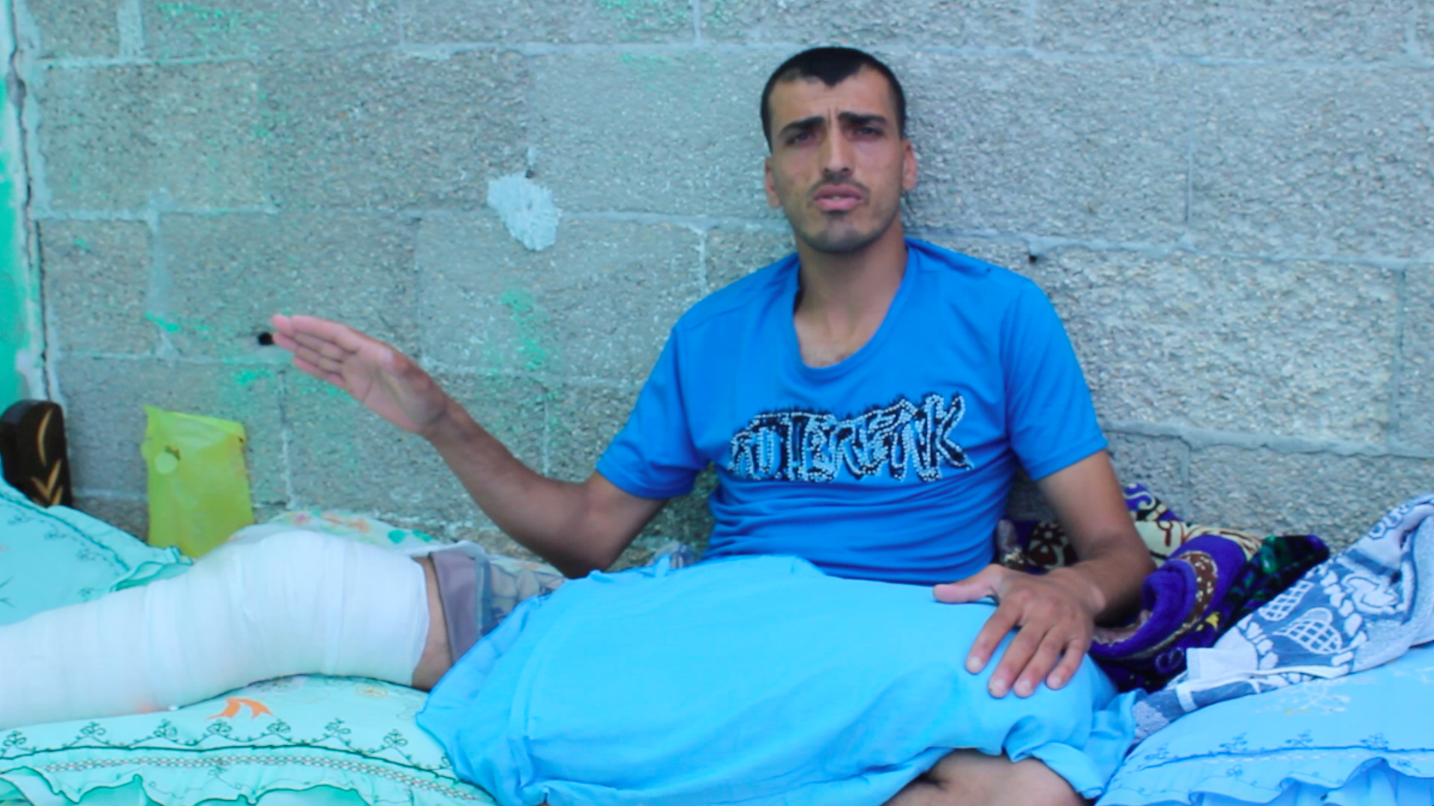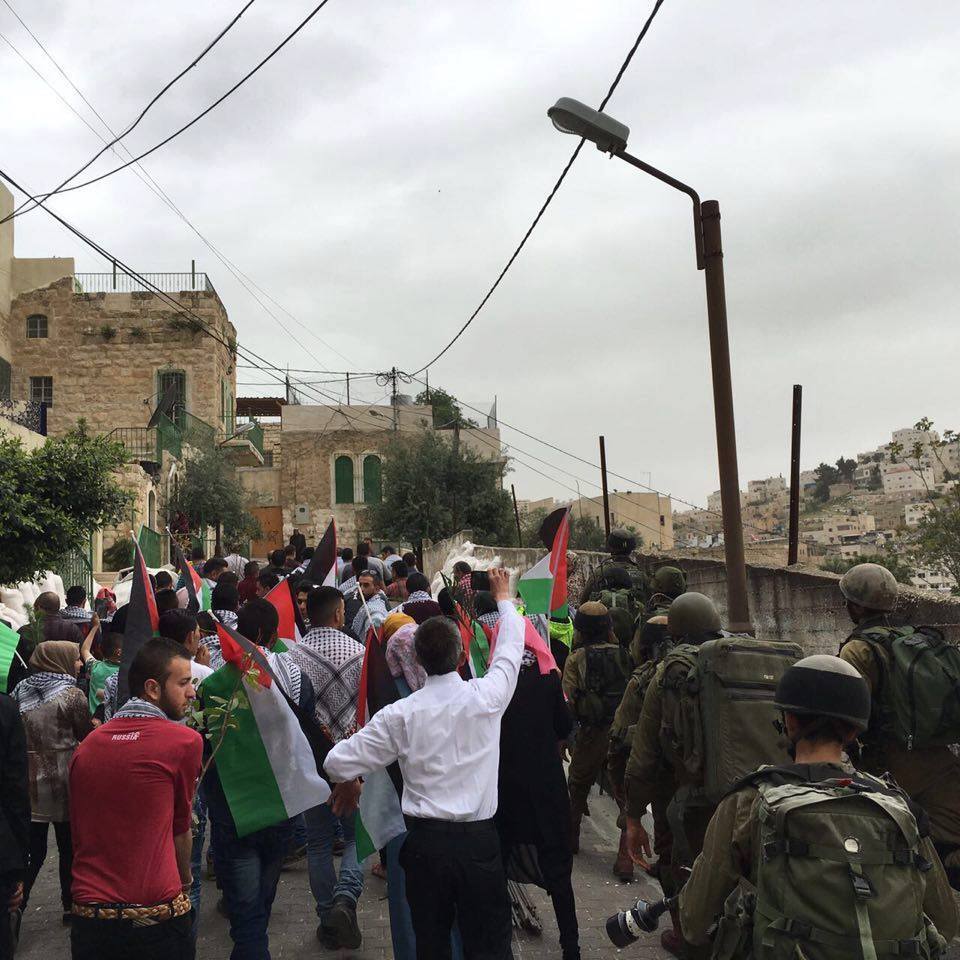Category: Features
-
Ramadan in occupied Hebron
12th June 2016 | International Solidarity Movement, al-Khalil team | Hebron, occupied Palestine On 5th June, the holy month of Ramadan started. In occupied al-Khalil (Hebron), the Old City, that till then had been mainly deserted, comes back to life as many stream towards Ibrahimi mosque for prayers. The Old City of al-Khalil, including the…
-
Testimony of one of the latest attacks against Gaza’s fishermen
12th June 2016 | International Solidarity Movement, Gaza-team | Gaza Strip, occupied Palestine Last Wednesday Rajab Khaled Abu Riela, 30 years old, his brother and two cousins left Gaza’s port at 12 pm. They stayed out fishing until 1:30 am. “When we started our way back to the port one Israeli warship approached, the soldiers…
-
Peaceful planting activity stopped by Israeli forces in Hebron
11th June 2016 | Youth Against Apartheid | Hebron, occupied Palestine On 9th April, Hebron Youth against Apartheid organized a planting activity in cooperation with the Colonization and Apartheid Wall Resistance Commission in the heart of Shuhada Street and Tel Rumeida neighborhood of al-Khalil (Hebron). Dozens of heavily-armed Israeli occupation forces stopped the group while…



